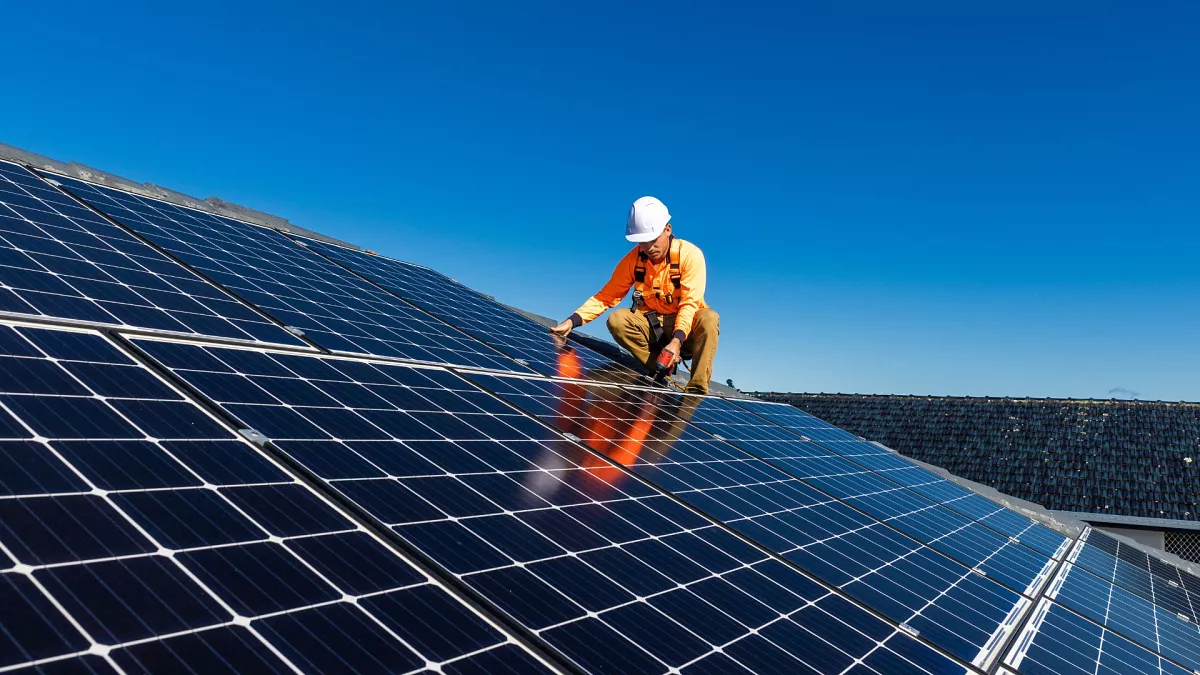Knowledge Base
New To Solar
New To Solar
Solar energy is power harnessed from the sun using photovoltaic (PV) panels.These panels convert sunlight into electricity, which can be used to power your home or business.
You can save up to 70% on your electricity bills by generating your own power. Additionally, you can earn money by selling excess energy back to the grid.
Yes, you may be eligible for rebates, tax credits, or feed-in tariffs, which help reduce the upfront cost of solar systems.
Solar panels are low-maintenance but require occasional cleaning and an annual inspection to ensure maximum efficiency.
Yes, solar panels still generate electricity on cloudy days but at a reduced efficiency compared to sunny days.
Grid-tied systems automatically shut off for safety during power outages. However, systems with battery storage continue to provide power.
Installation usually takes 1-3 days, depending on the system size and property layout.
Yes, solar systems are modular and can be expanded to meet your increasing energy needs.
No, when professionally installed, solar panels protect and preserve the area they cover, even adding value to your property.
High-quality solar panels typically last 25-30 years with minimal degradation in efficiency.
On-grid systems are connected to the local utility grid, allowing you to sell excess power. Off-grid systems operate independently with battery storage, ideal for remote locations.
Solar batteries store excess energy generated during the day, which can be used at night or during power outages, providing continuous power.
Solar panels can be installed on most roof types, including tile, metal, and asphalt shingles. A site assessment ensures compatibility and optimal positioning.
Yes, homes with solar panels typically have higher resale values and attract environmentally conscious buyers.
The system size depends on your energy consumption, roof space, and budget. A consultation helps determine the ideal size for your needs.
Yes, many financing options are available, including solar loans, leases, and power purchase agreements (PPAs).
Net metering credits you for the excess electricity you produce, offsetting your utility bill when your system generates more power than you consume.
